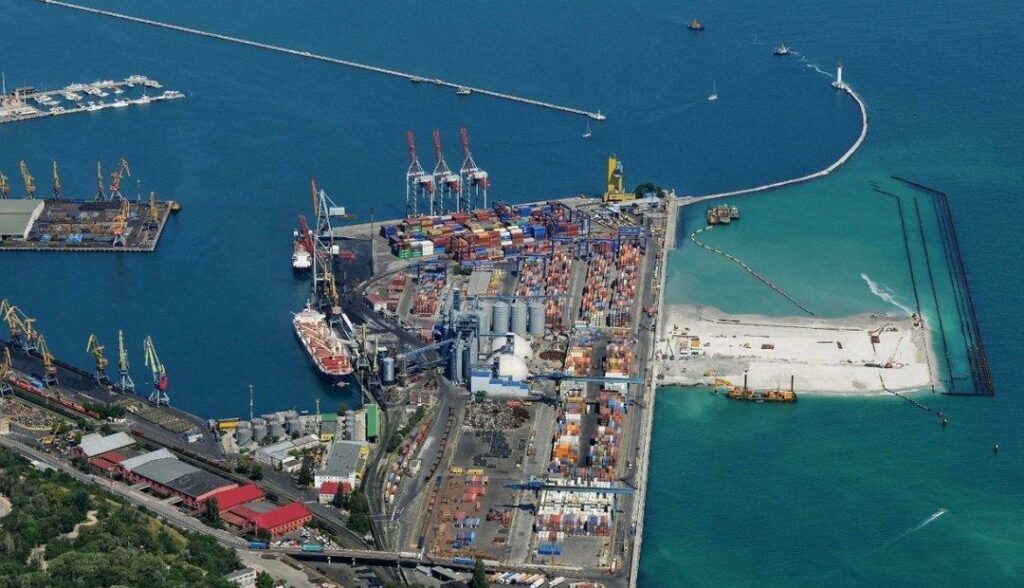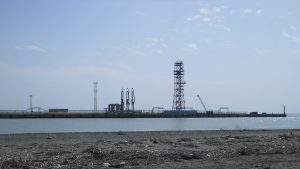Hungarian company considers access to Odesa port to gradually abandon Russian oil

Hungarian oil company Mol Nyrt has been criticized for remaining heavily dependent on Russian energy.
The company sees the Odesa port pipeline as its best diversification option, Bloomberg reports.
The company wants access to the Odesa-Brody pipeline, which runs from the Ukrainian Black Sea port to the Polish border, allowing it to receive supplies by sea from a number of global producers, said Szabolcs Pál Szabo, senior vice president of value chain management at Mol.
The flows could be routed to Hungary via the southern Druzhba pipeline, which currently supplies Russian oil to the country and connects to the Odessa pipeline near the Ukrainian-Polish border.
“The Odesa pipeline would mean access to all types of alternative oil through a sea connection,” Szabo said in an email to Bloomberg. “This pipeline will serve regional, European and Ukrainian security of supply.”
Connecting to Ukrainian infrastructure will be a challenge, as Odesa is a frequent target of Russian missile attacks, and the pipeline, which is currently out of service, will require significant investment. The Black Sea around the Ukrainian coast has also been heavily mined since Russia’s full-scale invasion in 2022.
Mol wants the EU and other interested countries to participate in the “rehabilitation” of the Odessa pipeline, which the company says will also provide an alternative to Russian oil for Serbia. Hungary and Serbia are currently building a pipeline connection.
“If the EU insists that the region abandon a reliable supply route, then it must play its part in creating a real alternative,” Szabo said.
Mol is currently upgrading its facilities to be able to process non-Russian oil, which it estimates will cost around $500 million. For now, the company relies on oil supplies via the Adriatic Sea as its only alternative to Russian oil, but accuses Croatian pipeline operator Janaf of overcharging for its use.





